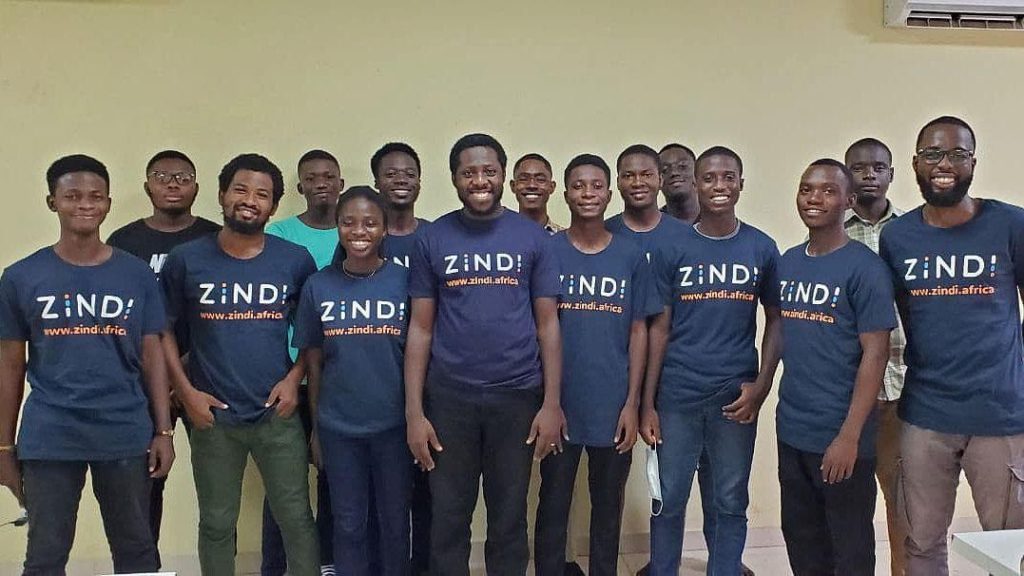On the weekend of March 27-28, UmojaHack Africa 2021 was a success, attracting over 1000 students from 126 universities across Africa to participate in a virtual machine learning hackathon on Zindi.
Over 8500 submissions were made to solve three real-world machine learning problems on Zindi, and over $10,000 in prizes were given to data science students from nine African countries.
Algeria, Benin, Cameroon, Côte d’Ivoire, Egypt, Ethiopia, Ghana, Guinea, Kenya, Malawi, Morocco, Nigeria, Rwanda, Senegal, South Africa, Sudan, Tanzania, Tunisia, Uganda, Zambia, and Zimbabwe were among the students who attended the gathering.
They took part in three separate machine learning competitions using the DeepChainTM platform built by InstaDeep: a financial resilience prediction challenge, a logistics challenge for African B2B service provider Sendy, and a computational biology challenge. Zindi users’ winning ideas will be shared with these organizations and implemented in real-world applications.
Tony Mipawa, a data science student from the University of Dodoma in Tanzania, embodied the spirit of Zindi and UmojaHack by placing second in the Sendy Delivery Rider Response Challenge. Tony was a data science newbie a year ago before he took part in Zindi’s first ever Mentorship Program in 2020. He’s come a long way since then, as shown by his prize-winning submission in this hackathon, which took place less than a year ago.
“UmojaHack Africa has proven to be a game-changing case, particularly as so many young people have been impacted by the global pandemic,” says Celina Lee, CEO of Zindi. This is an opportunity for students from all over Africa to come together to learn, participate, and have a good time. UmojaHack is all about developing skills, creating new machine learning applications to solve real-world problems, and forming new links between students and industry. We’re also looking forward to seeing what the students will come up with in just one weekend.”
Read More on Tech Gist Africa:
African Innovators gets a break thanks to the MultiChoice Innovation Fund
